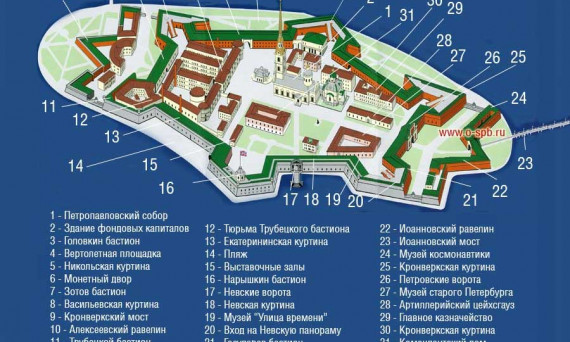On 10 December 2015, the International Graduate Student Workshop in Soviet History will meet at 18:00 in Room 414. We will discuss the work of Nicholas Bujalski (Ph.D. Candidate, Cornell University).
In 1924, the Peter and Paul Fortress – that founding site of St. Petersburg, sacred burial ground of the imperial family, and dread prison of the Tsarist autocracy – was proclaimed a ‘Museum of the Revolution.’
Historically, most revolutions have actively destroyed the political prisons of the old regime. However, unlike the French Bastille, the Peter and Paul Fortress was carefully preserved as perhaps the world’s first prison-museum.
Part of an early-Soviet radical memory politics, it became a site for citizens to practice new ways of reading their tsarist past alongside the horizon of a communist future. The Fortress was celebrated in museum tours, avant-garde films and grand public spectacles.
Sites of memory – where the regime sought to produce legitimizing historical narratives – give us privileged insight into the cultural self-conception of the early Soviet state as well as its complex relationship to the nineteenth-century Russian revolutionary tradition.
Did the Peter and Paul Fortress become a place for the state codification and sterile memorialization of Russian revolutionary history (i.e. “the museumified revolution”)? Or does it rather represent something more radical, a new way of expressing a dissident past while turning towards an eschatological future (i.e. “the revolutionized museum”)?
My chapter-in-progress seeks to unravel this question at the heart of the prison-museum. In doing so, it promises to contribute to our understanding of early-Soviet memory politics, Bolshevism as a particular temporal regime, and how imperial spaces were neutralized, preserved, and reimagined under socialism.
*This seminar will be a discussion of a pre-circulated English-language paper. The discussion itself will be conducted in both English and Russian.
*The text will be distributed a week before the seminar to members of the workshop and History Department students and faculty. Other students and faculty who would like to receive the paper and attend the workshop should contact Sam Hirst: hirst@eu.spb.ru.
